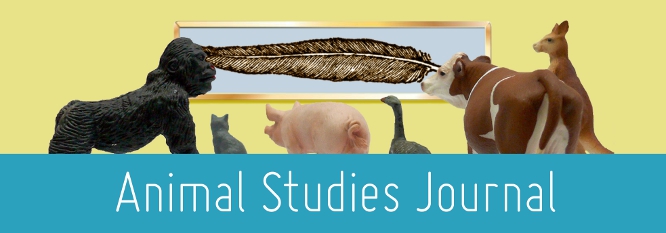Home > assh > ASJ > Vol. 2 (2013) > No. 2

Abstract
Animal practices are influenced by specific socio-cultural and spatial factors that affect the relationships between humans and other species. Pet-keeping is an example of an animal practice that has been of interest to theorists working within Western philosophical discourses. Human-pet relationships and those with dogs specifically are theorised as individualised and often familial, and generally occur in the domestic space of the home. The paper shows that this is a dominant narrative for dog-keeping that fits into the socio-cultural and spatial milieus of many Western countries and cultures. This narrative cannot be applied to all cultures unproblematically. In non-Western countries the concept of the dog as a pet who lives in the home does not usually represent the actualities of living with dogs in those cultures. The paper analyses the disjunction between Western ideals for dog-keeping and those practiced in Bangkok, Thailand, as an example of an alternative to the dominant narrative for living with dogs. Using material derived from first-hand observations the paper analyses the relationships between humans and stray, or soi, dogs and examines some of the welfare issues associated with these dogs. It also questions whether the ideals of Westerners who care for these dogs provide an effective means of dealing with such issues. In looking at the reasons why soi dogs do not live in the homes of humans the paper also considers community dog-keeping, a practice that is specific to Bangkok. As an alternative to the dominant narrative for living with dogs, this specific example shows the diverse ways in which humans relate to non-human animals.
Recommended Citation
Savvides, Nikki, Living with Dogs: Alternative Animal Practices in Bangkok, Thailand, Animal Studies Journal, 2(2), 2013, 28-50.Available at:https://ro.uow.edu.au/asj/vol2/iss2/3

